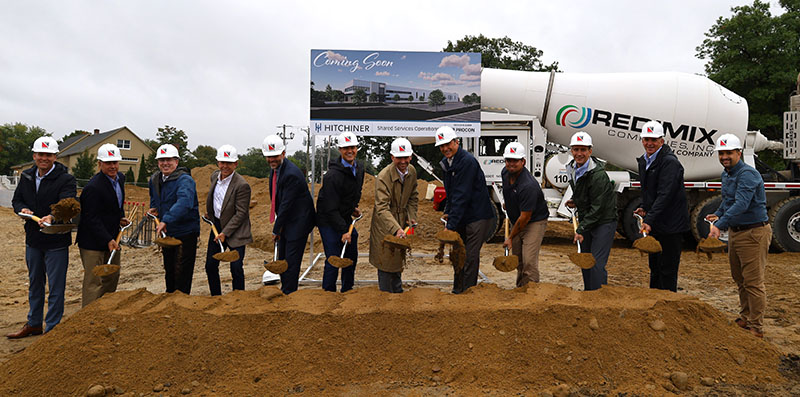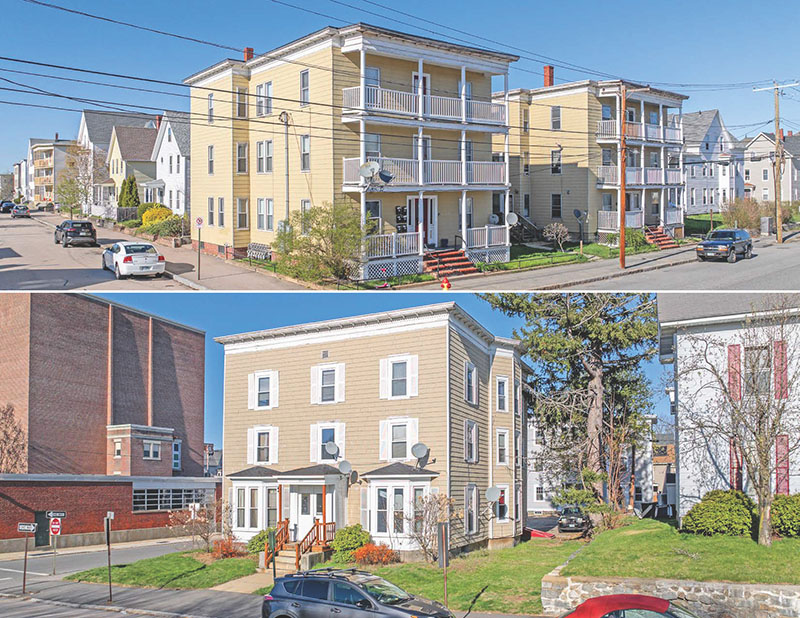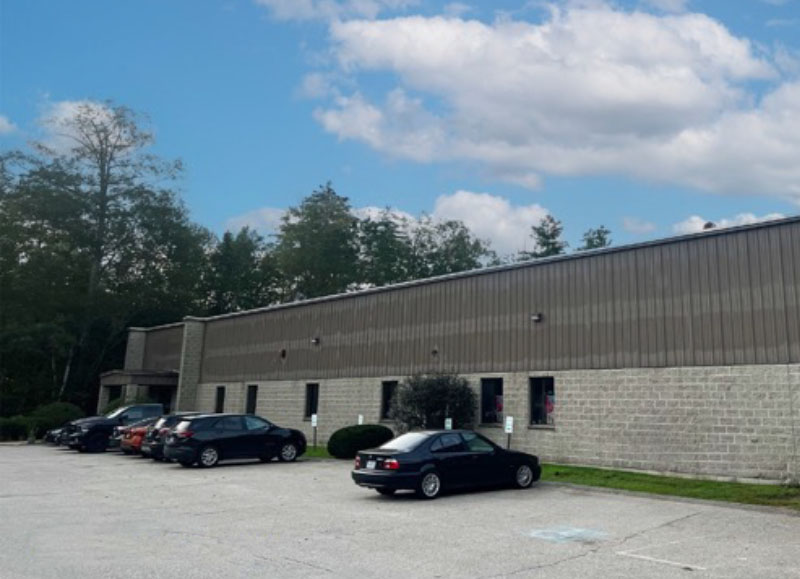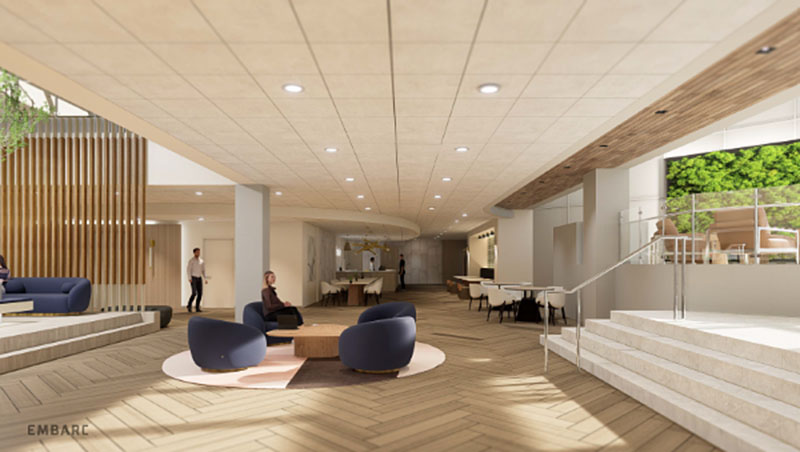Top 1031 exchange pitfalls - by Lynne Bagby

Asset Preservation, Inc.
Real estate investors in New England seeking tax deferral in a 1031 exchange sometimes discover they have an unexpected or unplanned issue that could negatively impact their anticipated 1031 exchange. This article briefly addresses some of the most frequent 1031 exchange pitfalls to be avoided.
1. Closing on the Sale of the Relinquished Property without Setting up a 1031 Exchange First: A 1031 exchange can be set up right before closing. However, the transaction will be a taxable sale if it occurs without the exchange documents in place before closing. If the benefits and burdens transfer from the seller to the buyer and a qualified intermediary (QI) is not assigned in as the seller of the relinquished property prior to closing, or if the taxpayer has control of or access to the proceeds (such as being held in an escrow or trust account for the benefit of the taxpayer (constructive receipt), the transaction will be a taxable sale and a 1031 exchange cannot be completed.
2. Not Understanding the Requirements for Full Tax Deferral: To achieve full tax deferral in a 1031 exchange, a taxpayer must purchase like-kind replacement property or properties for at least the amount of the net sales price of the relinquished property and take on the same or greater amount of debt on the replacement property as was on the relinquished property (or add cash to the transaction to make up the debt amount). If the taxpayer fails to take on equal or greater debt on the replacement property being purchased, it generally results in taxable boot which is called debt relief (or mortgage boot).
3. Exchanging into a Property that is Not Held for Investment or Used in a Trade or Business: The property sold in a 1031 exchange must be held for investment or for use in a trade or business. Taxpayers that hold property for sale, such as taxpayers who do “fix and flip” transactions, do not qualify for a 1031 exchange. The taxpayer’s intention must be to hold the replacement property for investment or for use in a trade or business. Moving into a replacement property shortly after purchasing in a 1031 exchange would generally disqualify the transaction as an exchange.
4. Using a Person Who is Considered a Disqualified Person as Qualified Intermediary: A taxpayer cannot have a family member, employee, real estate professional or a tax/legal advisor who gave tax/legal advice within the past two (2) years function as a qualified intermediary (QI) in a 1031 exchange.
5. Not Consulting with a CPA/Tax Advisor before Closing on the Sale of Relinquished Property: Every taxpayer has facts and circumstances that are unique. It is critical to consult with a tax advisor familiar with each taxpayer’s specific situation. For example, a taxpayer may have suspended carry forward losses which could be used to offset boot received by the taxpayer. Every taxpayer should review their specific tax situation and evaluate a 1031 exchange transaction with tax/legal advisors familiar with their specific circumstances and the relevant facts.
6. Not Handling Partnership/LLC Issues Properly: In the context of a partnership selling real estate, it is not uncommon for some partners to desire to defer taxes using a 1031 exchange and other partners to want to receive cash and pay taxes owed. A partnership interest in a partnership or a member interest in an LLC is not eligible for non-recognition treatment under IRC Section 1031. Taxpayers cannot sell or buy a partnership interest or member interest in a 1031 exchange. In some circumstances, there are ways to structure the sale to allow certain partners/members to exchange and others to cash out. Taxpayers should plan well in advance to structure transactions to allow some partners/members to engage in a 1031 exchange and others to cash out in the future.
7. Not Evaluating the Entire Exchange Transaction on Both Sides of the Exchange. Taxpayers should consider these issues and many more before closing:
• Who is the “tax owner” of the relinquished property;
• How title is held on the relinquished property;
• How title will be held on the replacement property;
• Whether or not the taxpayer may have (or desire) taxable “cash boot” or “mortgage boot”;
• Financing issues if a husband and wife plan on using both incomes to qualify for a loan and reconciling with how title is held;
• Qualifying business or investment intent on both the relinquished property and replacement property; and
• Section G(6) restrictions while proceeds are being held by the qualified intermediary.
8. Engaging in Related Party Transactions: A taxpayer should generally not purchase replacement property from a family member or a related entity that is considered a related party. There are very specific guidelines for 1031 exchange transactions involving related parties and different rules apply when swapping real property with a related party, selling to a related party, and purchasing from a related party. Review any 1031 exchange transactions involving selling to or buying from a related party with a tax advisor.
9. Not Understanding Reverse Exchange “Parking Arrangement” Transactions: Some taxpayers may want to close on the purchase of desirable replacement property before closing on the sale of the relinquished property. This approach is referred to as a reverse exchange or “parking arrangement.” A reverse exchange must be set up before closing on the purchase of replacement property and involve the use of a qualified intermediary (QI) and an exchange accommodation titleholder (EAT) to temporarily hold title to the parked property for the benefit of the taxpayer. Some taxpayers mistakenly close on the purchase of the replacement property without involving a QI and EAT, thereby preventing that taxpayer from engaging in a reverse exchange transaction.
The investor should always review all aspects of any 1031 exchange with competent tax/legal advisors familiar with their specific transaction, objectives and the relevant facts.
Lynne Bagby, CES is the New England division manager of Asset Preservation, Inc., Boston.
PROCON and Hitchiner break ground on 57,000 s/f shared services operations facility








